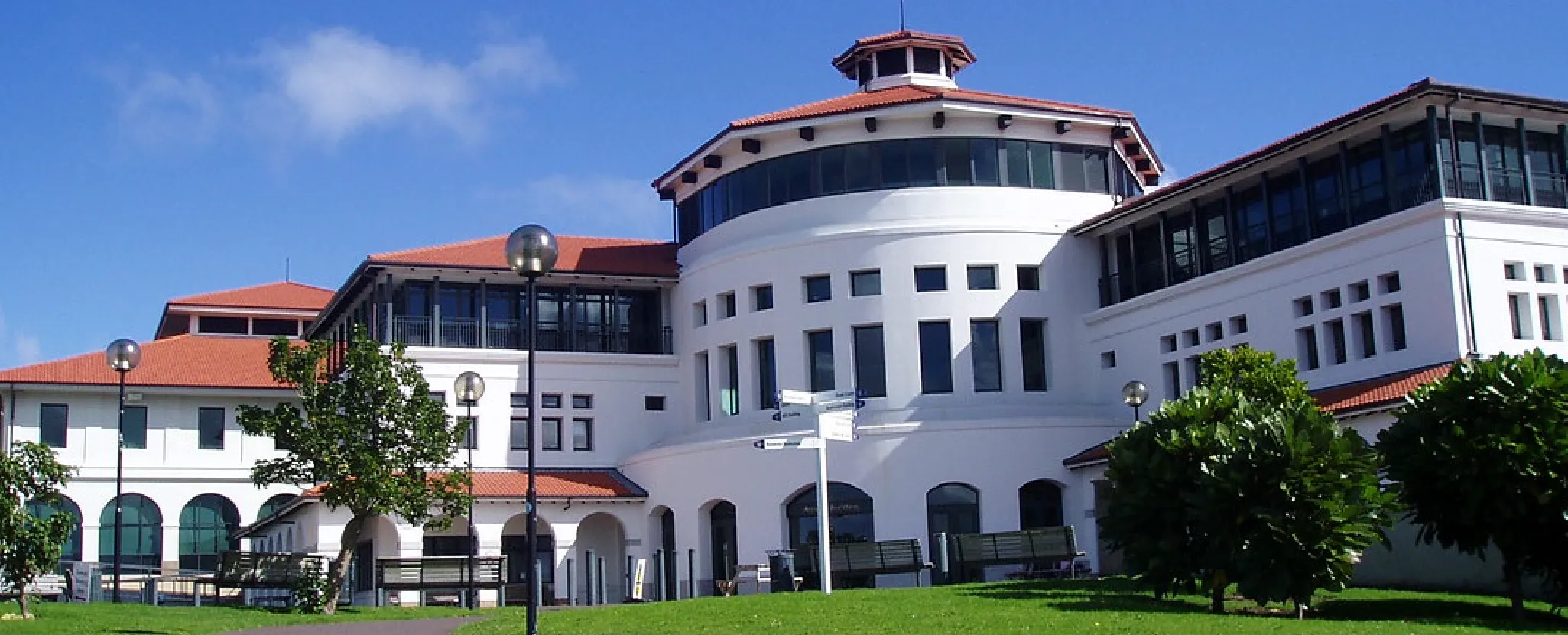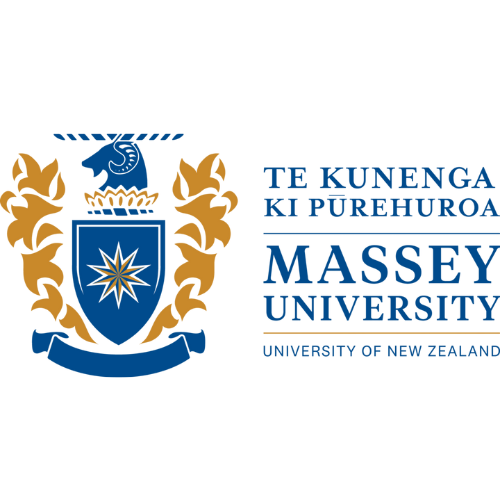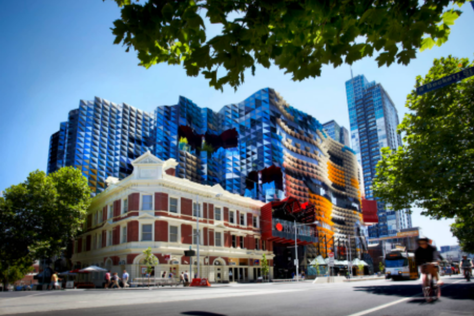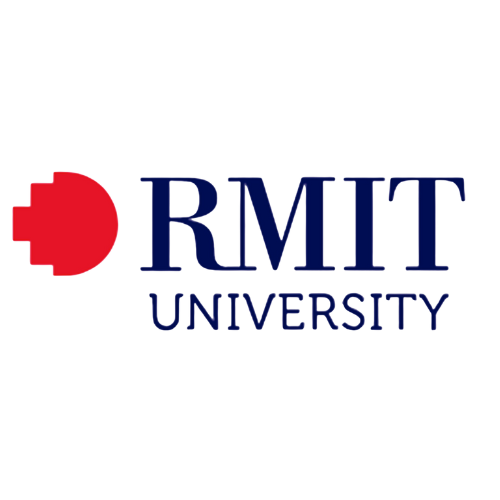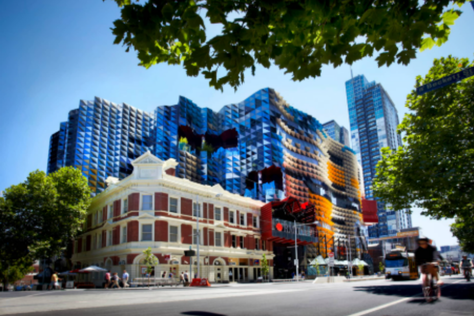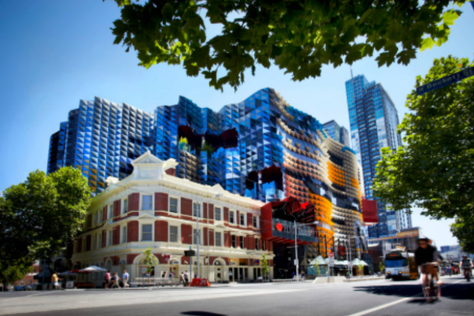About
As a Widener University Electrical Engineering major, you'll acquire the skills you need to support and enhance our modern world through electrical engineering. A bachelor degree in Electrical Engineering is offered at Widener University.
Apply Now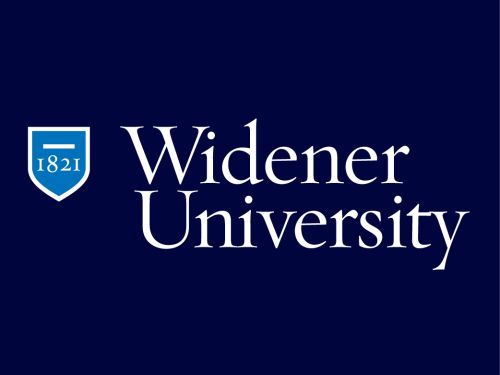
Widener University
Main campus: Chester, Pennsylvania, United States1001–1500+
Widener University
Key information
Duration
Full-time
4 years
Start date & application deadlines
Starting Date
April
August
Language
English
Credits
120 credits
Delivered
On Campus
Campus Location
Seaside, United States
Disciplines
Engineering & Technology
Explore more key information Visit programme website
Overview
The bachelor of science Electrical Engineering programme at the Widener University focuses on fundamentals and practical applications, including circuits, electronics, power systems, machinery, signal analysis, computers, controls, and communications.
Key Features
- Electrical engineers play a big role in keeping the world running. As inventors, designers, and builders, electrical engineers understand how to manipulate currents and voltages to impact all areas of technology, from the smallest microchip in a cell phone to an entire power grid that lights up a city. As an electrical engineering major student, you will be immersed in a field of modern technology with a variety of paths to follow, from electronics and telecommunications to power generation and distribution.
- At Widener, you'll prepare for your career in a supportive environment that encourages analytical and creative thinking, while being exposed to real-world aspects of the profession.
- Three to five years after having received their baccalaureate degree, graduates from the electrical engineering programme are expected to have the following abilities:
- Graduates are expected to exhibit professional development in their chosen careers, as indicated by some combination of continuing education, professional registration, professional society activity, and a degree of responsibility and advancement.
- Graduates are expected, when a need is identified to seek out subject matter resources beyond their own individual or their team’s area of expertise and apply this new knowledge to the identified need in solving problems, designing systems, components or processes, or in applying the principles of mathematics, science, or engineering.
- Graduates are expected to communicate effectively through continual use of oral and written expression as indicated by some combination of professional talks, oral presentations, written reports, or technical publications.
- Graduates are expected to use the appropriate tools and technologies to enhance their productivity in their professional field.
- Over the course of their studies, graduates of the programme shall have demonstrated:
- 1. an ability to identify, formulate, and solve complex engineering problems by applying principles of engineering, science, and mathematics
- 2. an ability to apply engineering design to produce solutions that meet specified needs with consideration of public health, safety, and welfare, as well as global, cultural, social, environmental, and economic factors
- 3. an ability to communicate effectively with a range of audiences
- 4. an ability to recognize ethical and professional responsibilities in engineering situations and make informed judgments, which must consider the impact of engineering solutions in global, economic, environmental, and societal contexts
- 5. an ability to function effectively on a team whose members together provide leadership, create a collaborative and inclusive environment, establish goals, plan tasks, and meet objectives
- 6. an ability to develop and conduct appropriate experimentation, analyze and interpret data, and use engineering judgment to draw conclusions
- 7. an ability to acquire and apply new knowledge as needed, using appropriate learning strategies
- 8. an ability to apply knowledge of probability, statistics, and other topics of advanced mathematics
- 9. an ability to demonstrate knowledge of basic hardware and software to solve engineering problems
Potential Careers
- Communication
- Computers
- Design
- Research & development
- Software
Programme Structure
Courses include:
- Engineering Techniques
- General Chemistry for Engineers
- General Chemistry Lab for Engineers (Q) (W)
- Computer Programming and Engineering Problem Solving
- Statics 3 Credit(s)
- Electric Circuits
- Engineering Economics
- Multivariable Calculus
- Linear Electrical Systems
- Logic Design
Academic requirements
Here is grading score requirements for this programme.
English requirements
Tuition Fee
Here’s what we charge for tuition.
The living costs include the total expenses per month, covering accommodation, public transportation, utilities (electricity, internet), books and groceries.
Scholarships Information
Visa information
Student visas for United States
Are you from Bangladesh? You might need a student visa...
Don't worry, everything is ok. We're on it, and we're doing all we can to make your search for the right international degree in United States a little easier and more enjoyable.
Still, while we’re catching up, you can always beat us to it and:
- Check if you really need a student visa. Since you're from Bangladesh and planning full-time academic study in the U.S. yes- you’ll definitely need an F-1 visa.
- Start exploring the official website of the U.S. Embassy in Dhaka. That’s where all the latest and most reliable information lives. Bookmark it, read it, reread it.
- Check the deadlines. The visa process takes time, and missing a step or delaying your interview could mean missing your semester start. Not the kind of plot twist you want.
- Go on a paperwork treasure hunt. Passport, I-20 form, DS-160 confirmation, SEVIS fee receipt, bank statements, academic transcripts yes, the list is long, and yes, you’ll need every piece.
- Start saving up. You’ll need to show you can financially support yourself while studying in the U.S. That means proving you can cover tuition, living expenses, and possibly even your daily caffeine habits.
- Enhance your English skills, even if you’ve already taken IELTS, Duolingo etc. Strong language proficiency will benefit both your visa interview and academic success.
All in all, getting your F-1 visa might feel like a lot, but it’s a big step toward an even bigger adventure.
Thanks and good luck!
Work Permit
Find out all you need to know about work permit regulations for studying part-time (during studies) and full-time (after studies) in this country.
Work while studying in United States
If you’re from Bangladesh, you will need a work permit if you want to combine studying with working in United States.
Here you see the rules for getting a part-time work permit.
You can work part-time on campus at your university if you have a valid F-1 visa.
|
How can I apply? At local authorities |
Application requirements Students can work on campus during your studies if your DSO gives you written approval. |

|
Duration of work permit The permit is valid as long as your F-1 student visa remains valid. |
Max. hours of work per week 20 hours/week |
|
Required documents List To apply for work permission:
|
